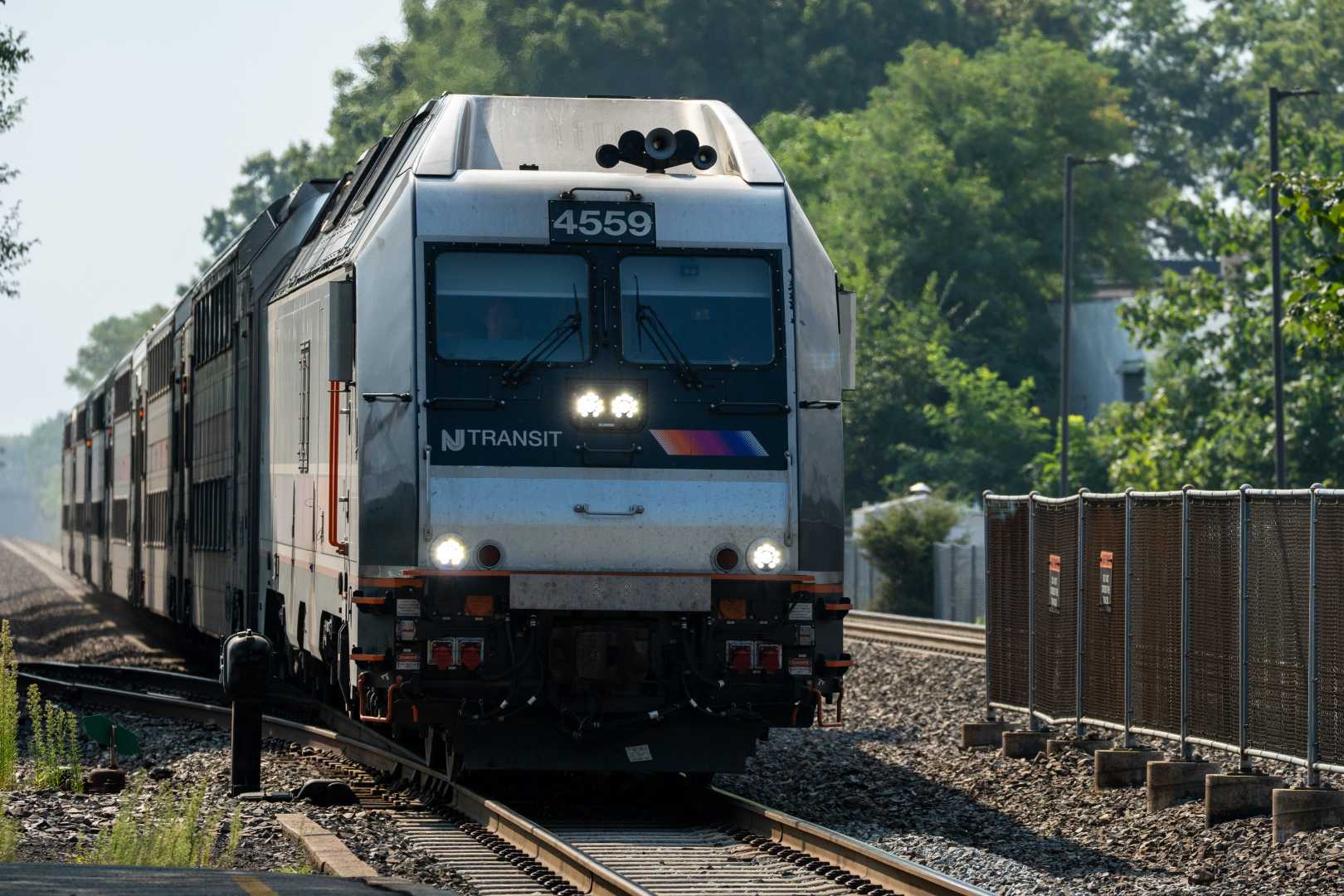News
NJ Transit Faces Potential Rail Strike as Engineers’ Union Rejects Wage Offer

NEWARK, N.J. — A second Presidential Emergency Board has sided with NJ Transit in its ongoing contract dispute with the Brotherhood of Locomotive Engineers and Trainmen (BLET), setting the stage for a potential rail strike in 60 days if no agreement is reached. The board’s report, released Wednesday, endorsed NJ Transit’s wage proposal as the “most reasonable,” escalating tensions between the agency and its engineers.
The dispute, which began in 2020, centers on wage increases for locomotive engineers. NJ Transit has offered a 2% to 3% annual raise, totaling 12% over the life of the contract, consistent with agreements reached with 14 other rail unions. However, BLET argues that its members are underpaid compared to engineers at other railroads, such as Amtrak, Metro-North, and the Long Island Rail Road, and has proposed a 36% wage increase over the contract period.
“Trains don’t move without engineers,” said Tom Haas, general chairman of BLET. “Right now, our folks can walk across the platform and get paid at the very least $10 more per hour at any of the other railroads we interact with.”
The first Presidential Emergency Board, convened last summer, also supported NJ Transit’s proposal but suggested a 6% increase after the contract’s expiration to address inflation. Despite resumed negotiations, the parties failed to reach an agreement, prompting the formation of the second board.
NJ Transit President and CEO Kris Kolluri expressed hope for a resolution. “We remain committed to reaching a resolution that is both fair and sustainable for NJ Transit, the hard-working men and women of the [engineers’ union], and New Jersey taxpayers,” Kolluri said in a statement.
If no agreement is reached by March 22, the union could strike or NJ Transit could lock out its members, potentially disrupting rail service for thousands of commuters. Gov. Phil Murphy emphasized the importance of balancing employee fairness with reliable service. “The board’s findings reaffirm NJ Transit’s commitment to balancing fair treatment for its employees with its responsibility to provide reliable service for the people of New Jersey,” Murphy said.
The outcome may hinge on federal intervention, though it remains unclear whether President Donald Trump will take action. Trump has previously expressed support for unions, including during his inauguration speech, where he thanked auto workers for their election support.












